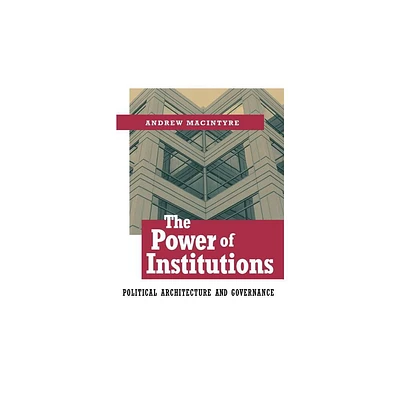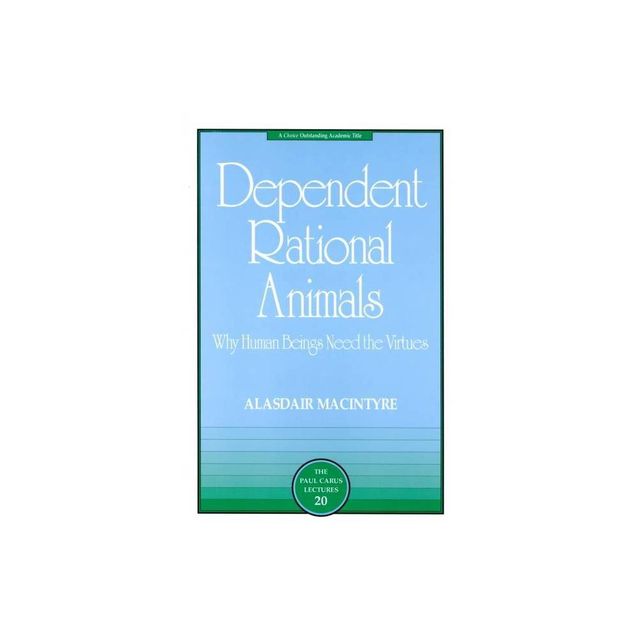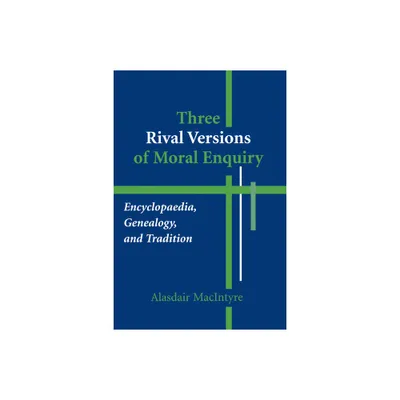Home
Political Economy, Institutions and Virtue: Alasdair MacIntyre's Revolutionary Aristotelianism
Loading Inventory...
Barnes and Noble
Political Economy, Institutions and Virtue: Alasdair MacIntyre's Revolutionary Aristotelianism
Current price: $180.00


Barnes and Noble
Political Economy, Institutions and Virtue: Alasdair MacIntyre's Revolutionary Aristotelianism
Current price: $180.00
Loading Inventory...
Size: Hardcover
*Product Information may vary - to confirm product availability, pricing, and additional information please contact Barnes and Noble
This book engages with a radical critique of the modern state and the contemporary economic order: Alasdair MacIntyre’s ‘revolutionary Aristotelianism’ project. Central to this critique is the idea that the moral norms that markets and states tend to reproduce or reinforce are an obstacle to the development of practical judgement. The book outlines MacIntyre’s theory of practical reason and discusses some of the institutional arrangements that can be derived from it. It also explores the growing body of literature which has started to examine the extent to which alternative forms of social organisation might be more compatible with MacIntyre’s account of the virtues. This literature includes various proposals for alternative political and economic arrangements, ranging from certain forms of market socialism to the promotion of different forms of mutual and cooperative enterprises. Finally, the book offers an account of the type of institutional analysis required for the advancement of the revolutionary Aristotelianism project. This is achieved by showing how some key features of the Bloomington School of political economy are not only compatible with MacIntyre’s political philosophy, but also that a synthesis between neo- Aristotelian moral philosophy and the work of the Bloomington School offers a robust alternative for revolutionary Aristotelians. Thus, the book defends the idea that MacIntyre’s account of human flourishing is more likely to be realised, although imperfectly, in a polycentric social order. This book will be of interest to social scientists working in questions of political economy as well as political and moral philosophers.


















